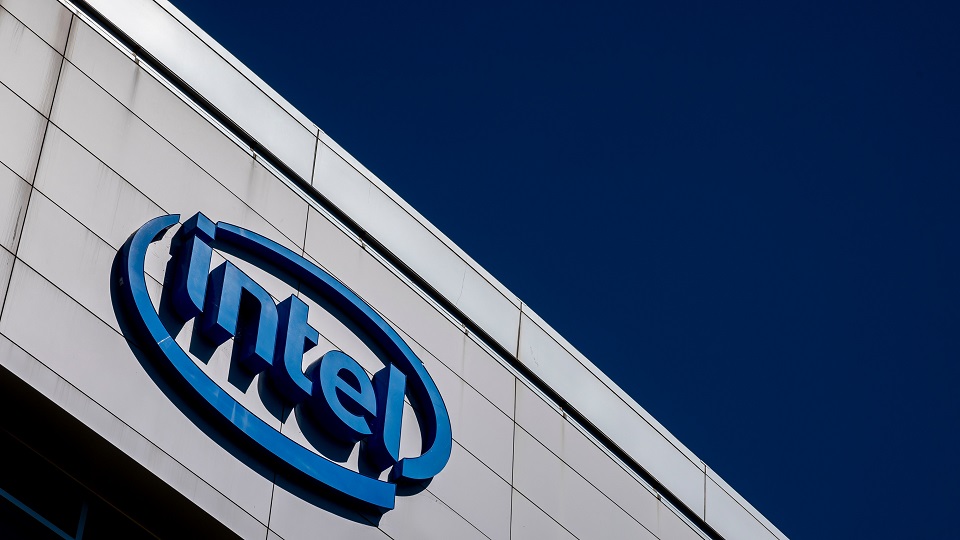
Former President Donald Trump has claimed that the United States will acquire a 10% stake in Intel, linking the move to the company’s leadership. According to Trump, Intel’s CEO is motivated to keep his position, suggesting that job security plays a major role in the proposal. His remarks come at a critical time when the U.S. government is increasing its focus on strengthening domestic semiconductor production, and Intel stands at the center of this strategy.
U.S. to Acquire 10% Stake in Intel
Former President Donald Trump has claimed that the United States will acquire a 10% stake in Intel, linking the move to the company’s leadership. According to Trump, Intel’s CEO is motivated to keep his position, suggesting that job security plays a major role in the proposal. His remarks come at a critical time when the U.S. government is increasing its focus on strengthening domestic semiconductor production, and Intel stands at the center of this strategy. With global supply chain disruptions and growing competition from Asia, securing Intel’s role as a leading U.S. chipmaker has become a high priority in Washington.
Intel’s Role in U.S. Semiconductor Policy
Intel remains one of the most influential companies in America’s technology landscape, but it has faced challenges in recent years while competing with global rivals like Taiwan’s TSMC and South Korea’s Samsung. Trump’s statement points to a potential shift in industrial policy, where the U.S. government could play a more direct role in guiding and safeguarding critical technology companies such as Intel. Such a step would also align with ongoing initiatives under the CHIPS Act, which has already placed Intel at the forefront of U.S. efforts to boost local manufacturing.
Debate Over Intel’s CEO and Government Oversight
However, Trump’s focus on Intel’s CEO and his job security as a justification has sparked debate. Regardless of the controversy, Trump’s remarks underline the strategic importance of Intel in U.S. technology and defense. As global competition with China intensifies, the role of Intel and the possibility of government investment in major firms will remain central to America’s economic and political strategy.




